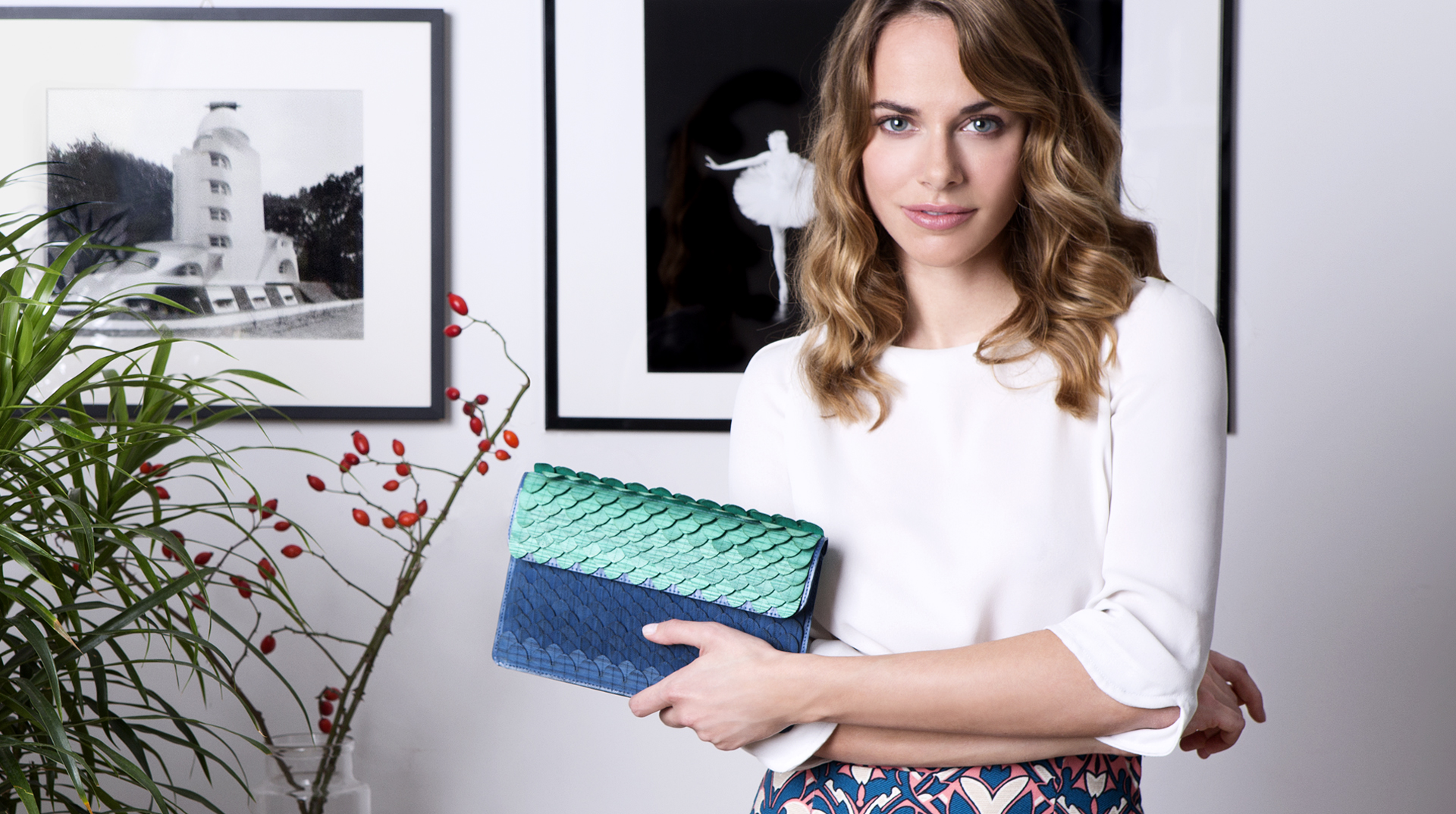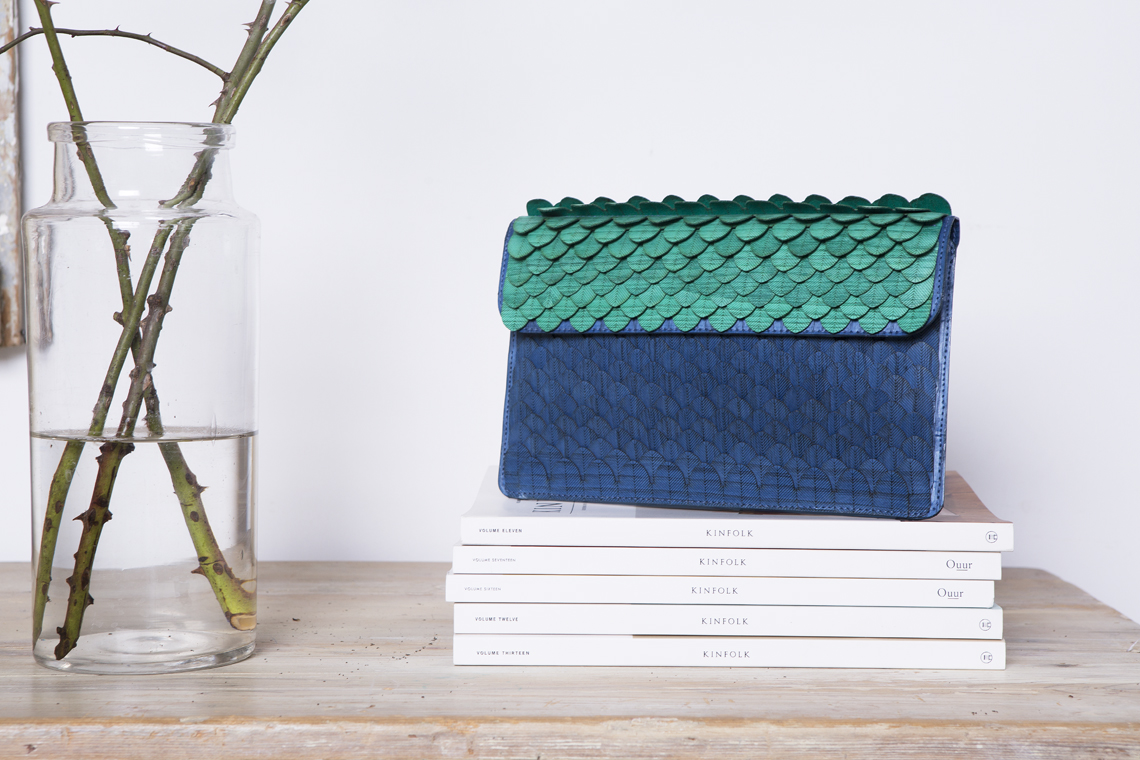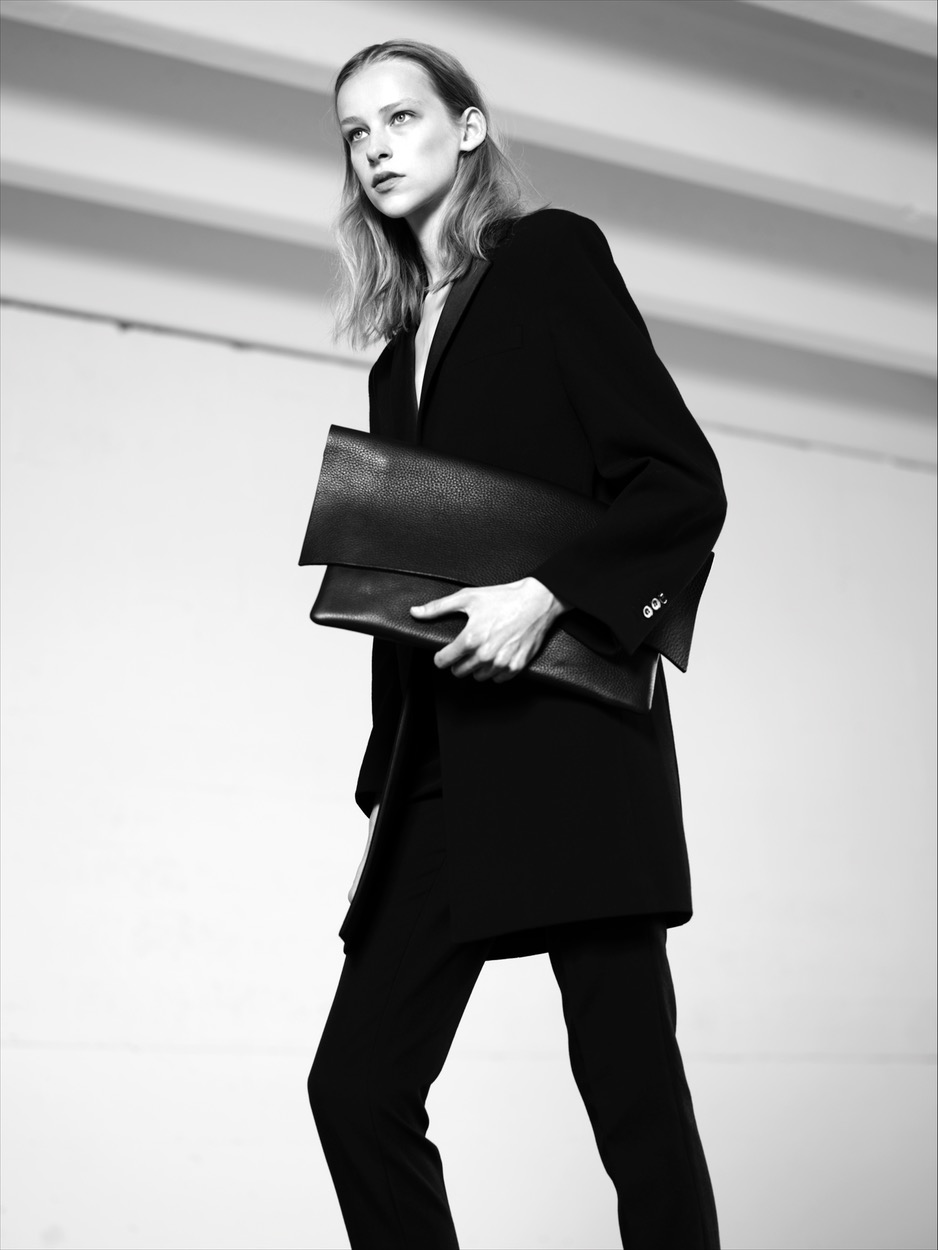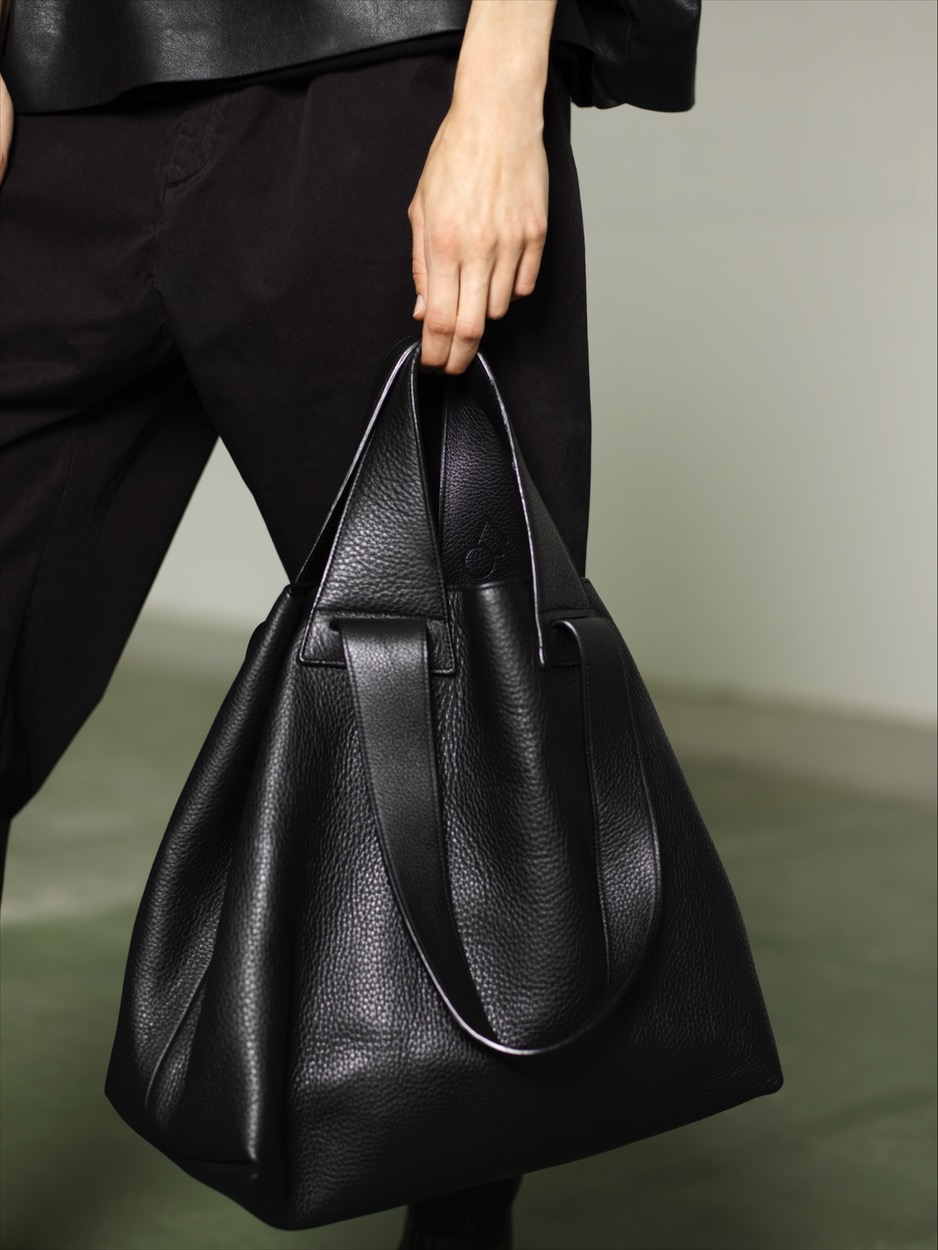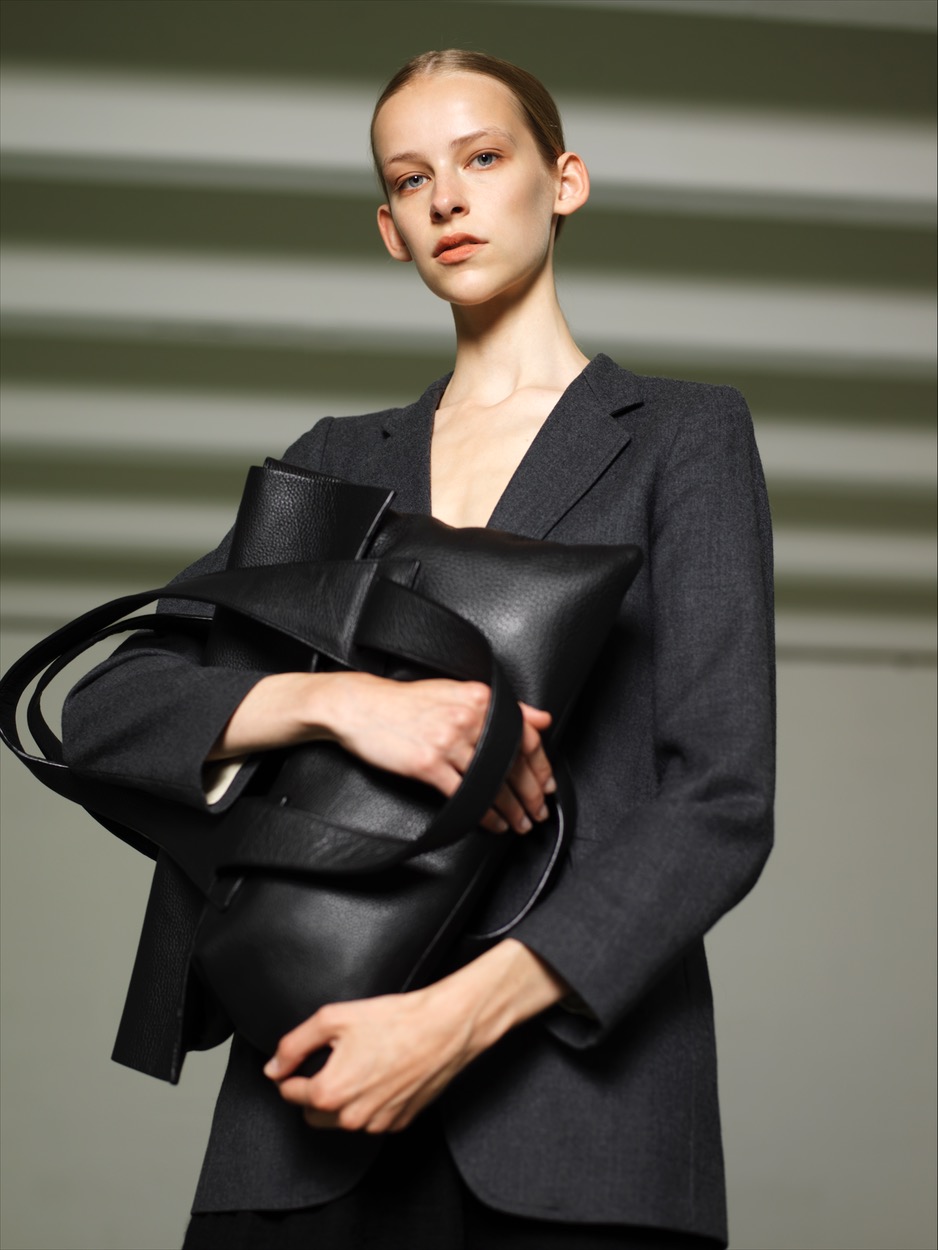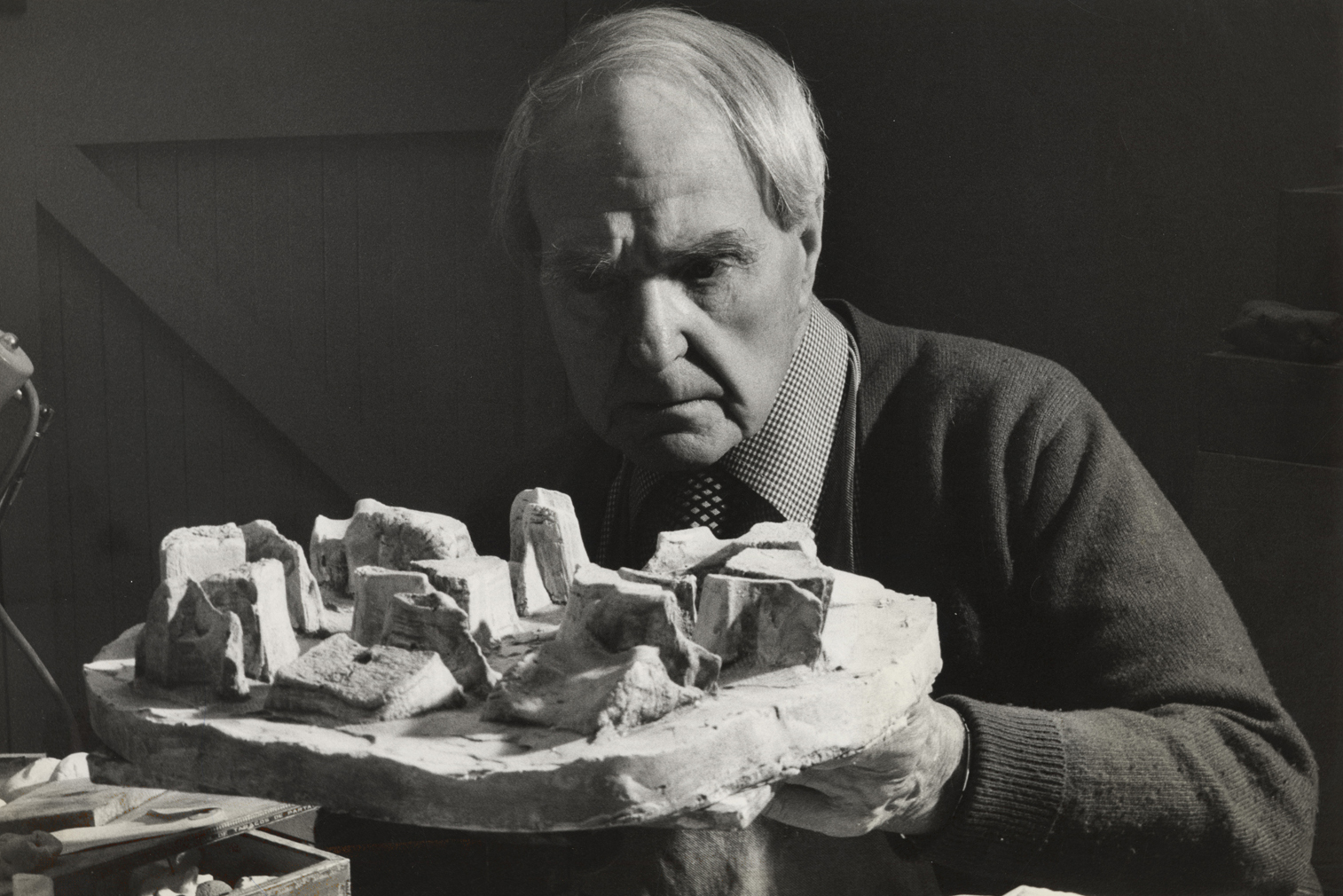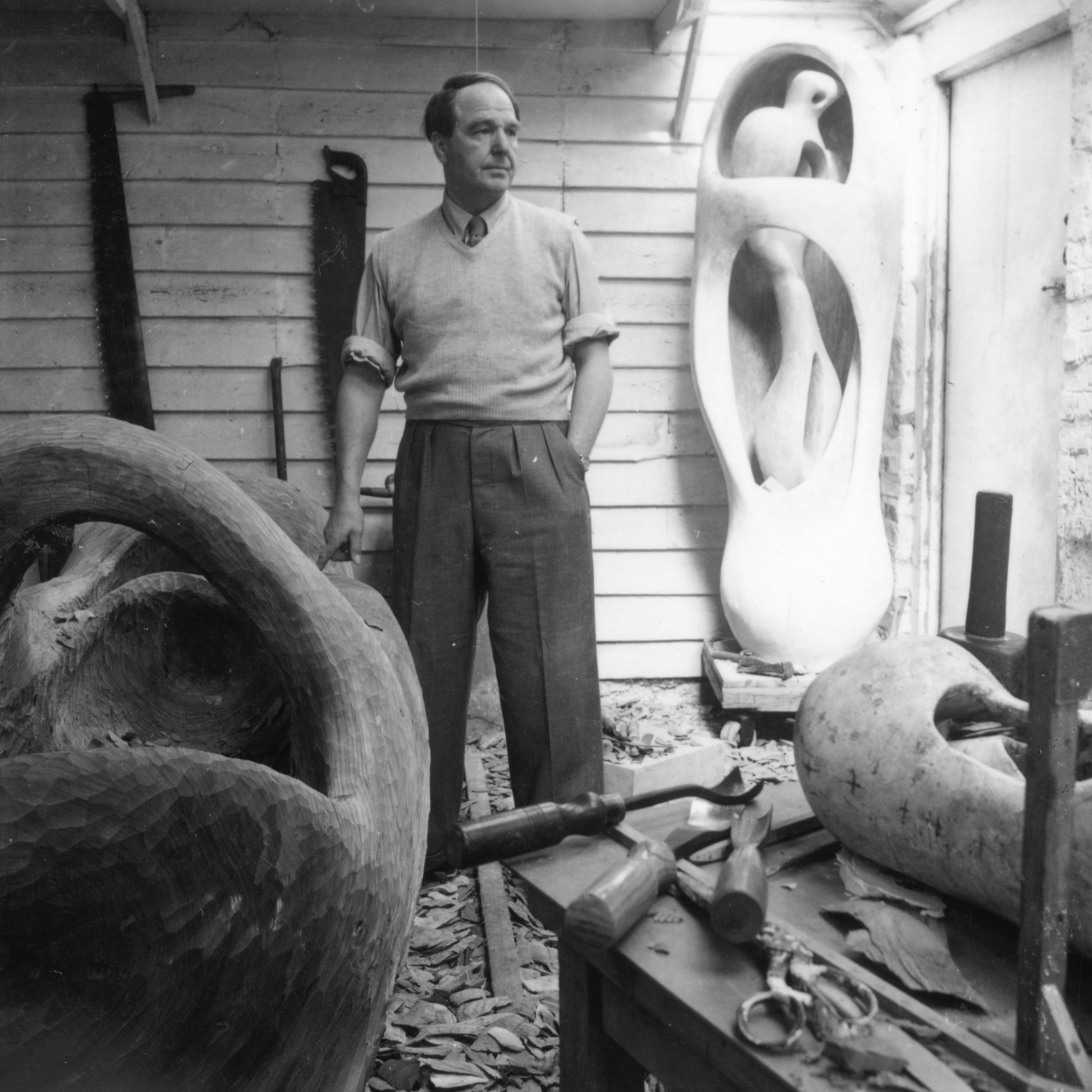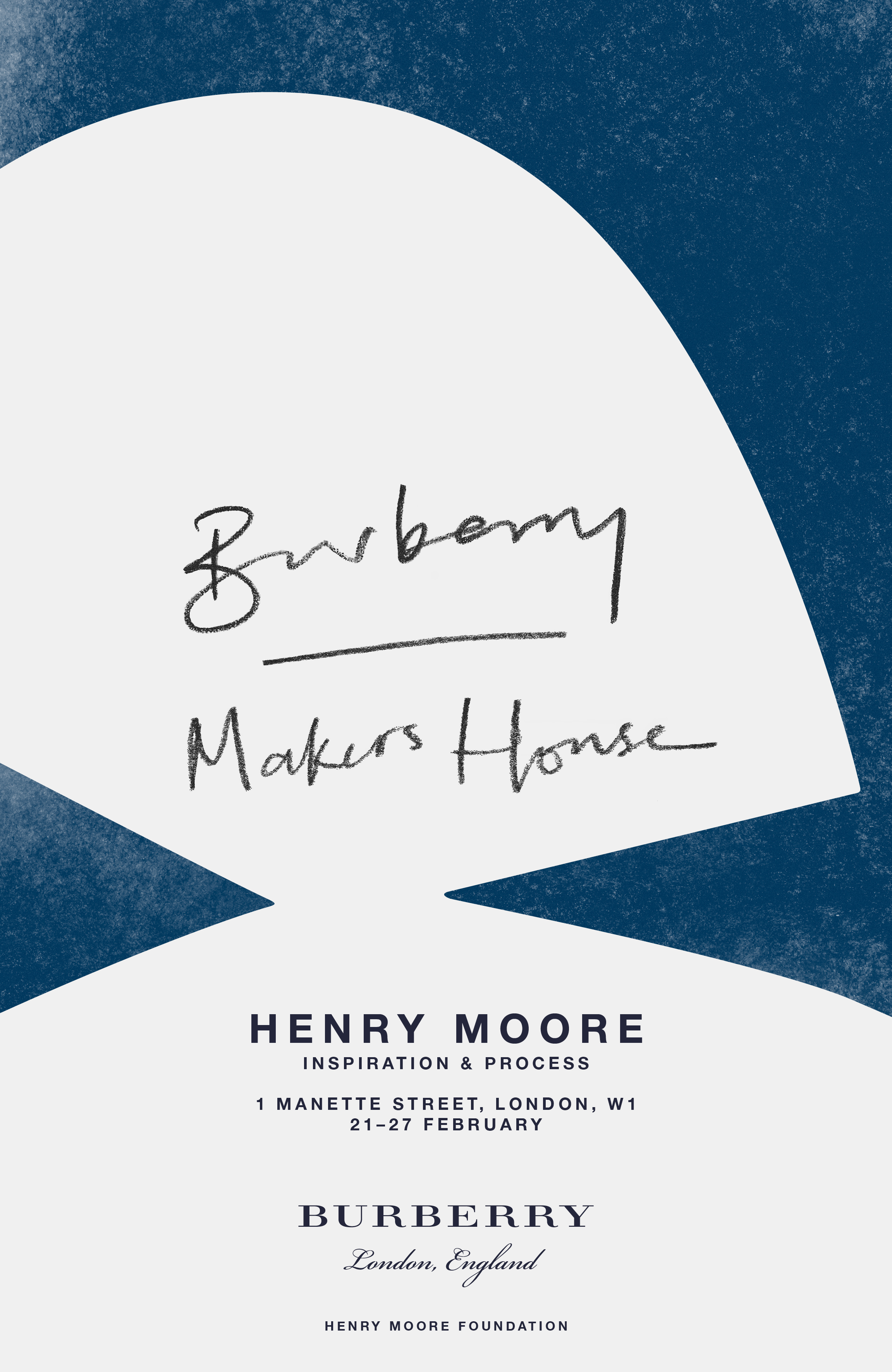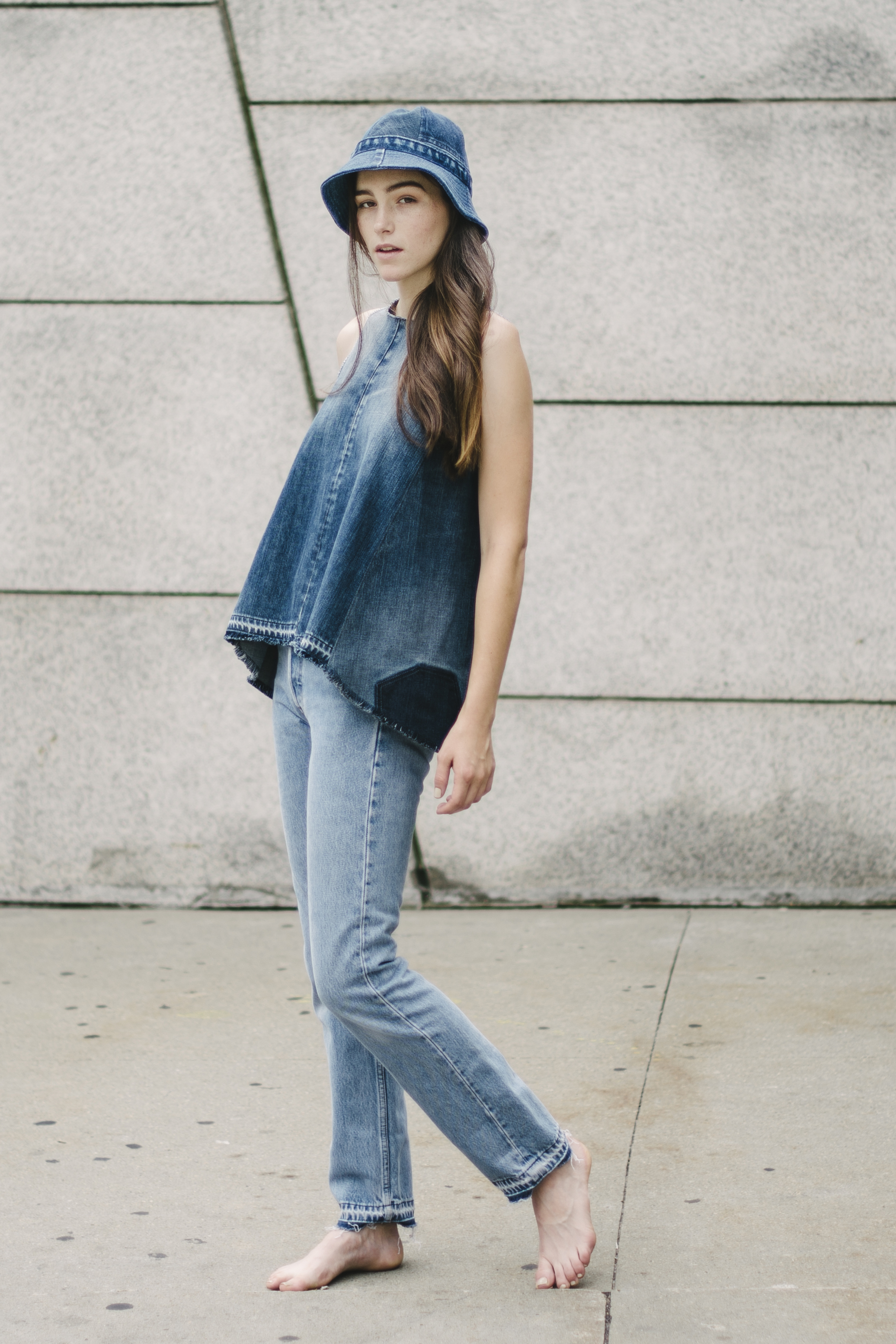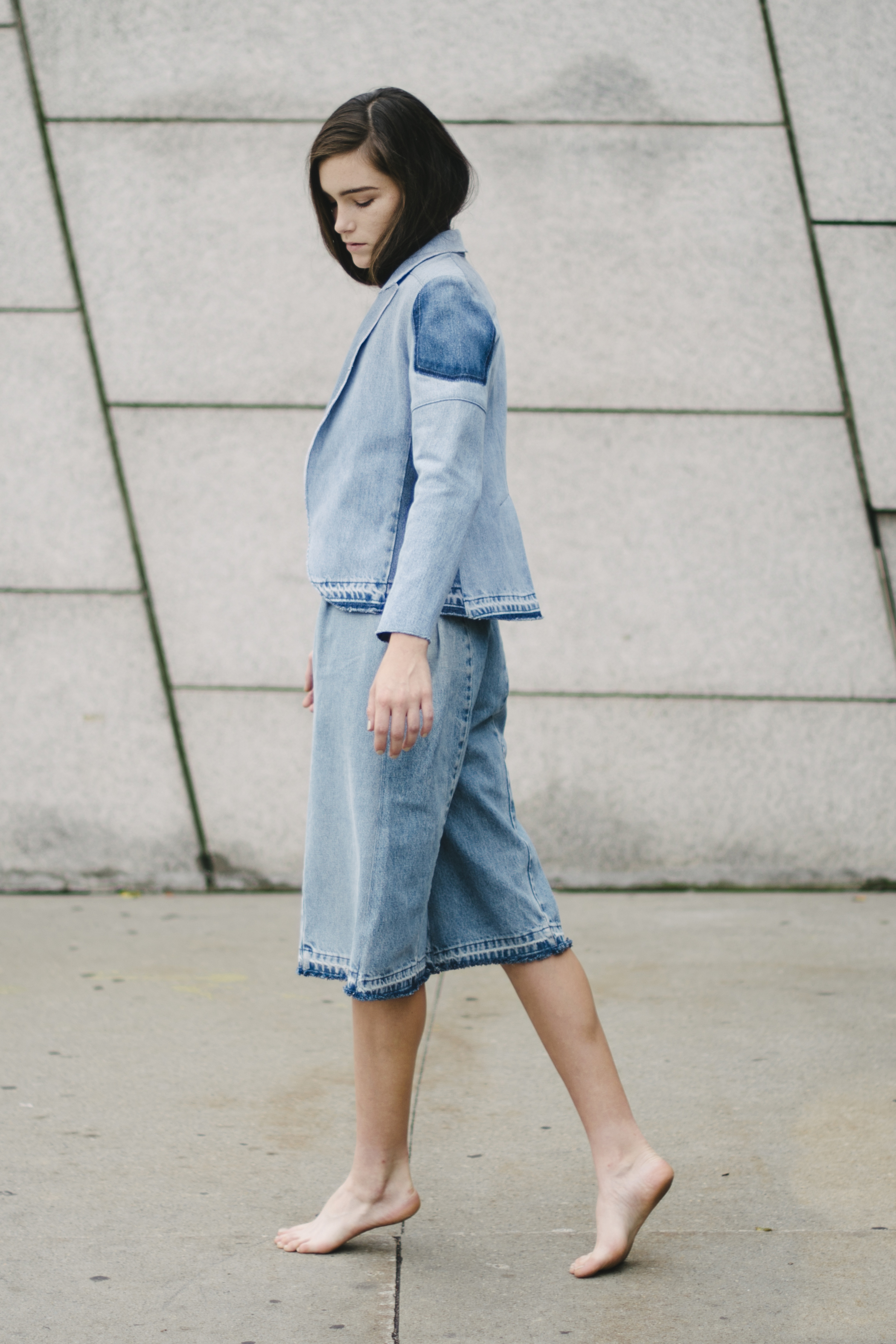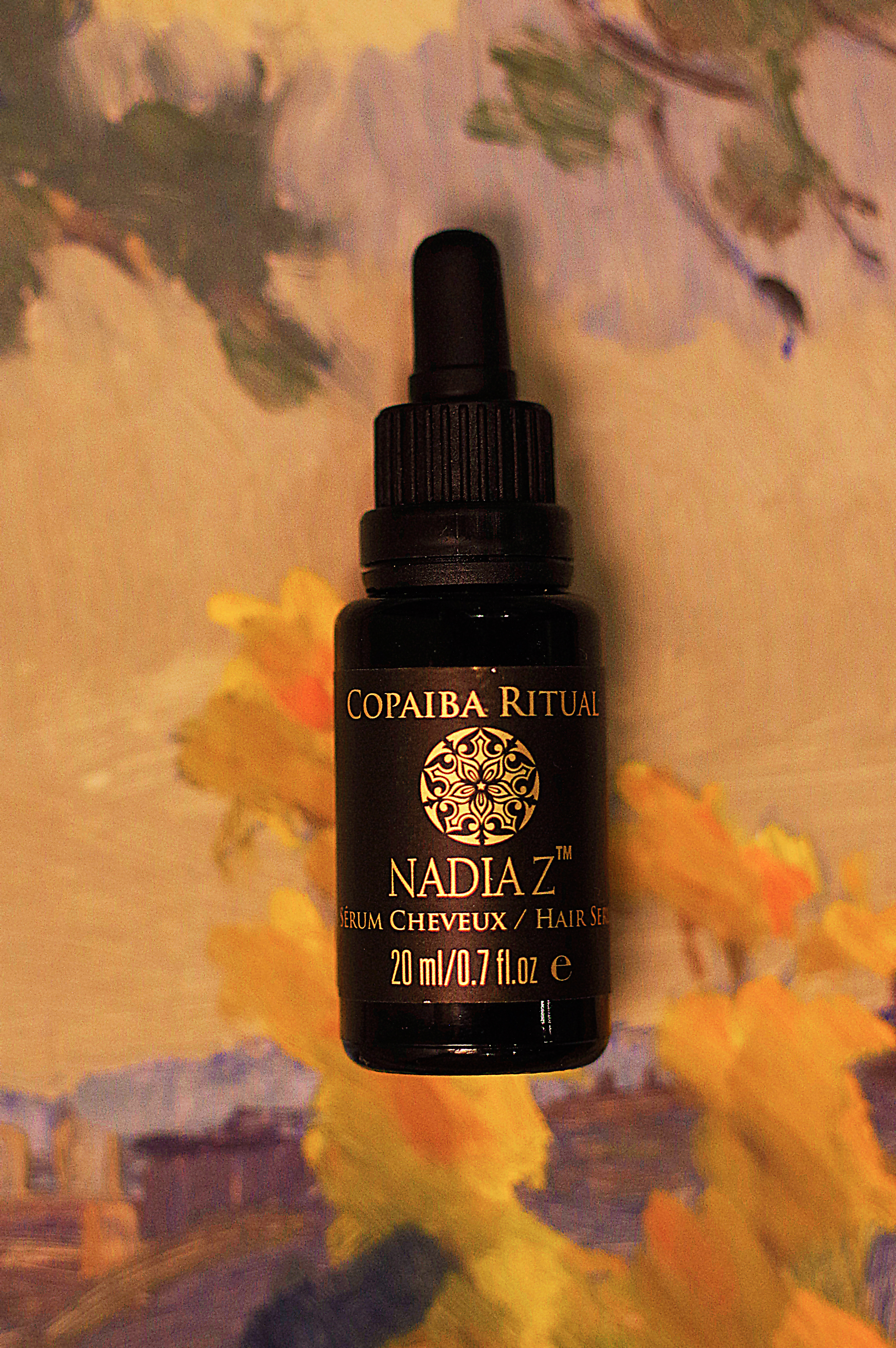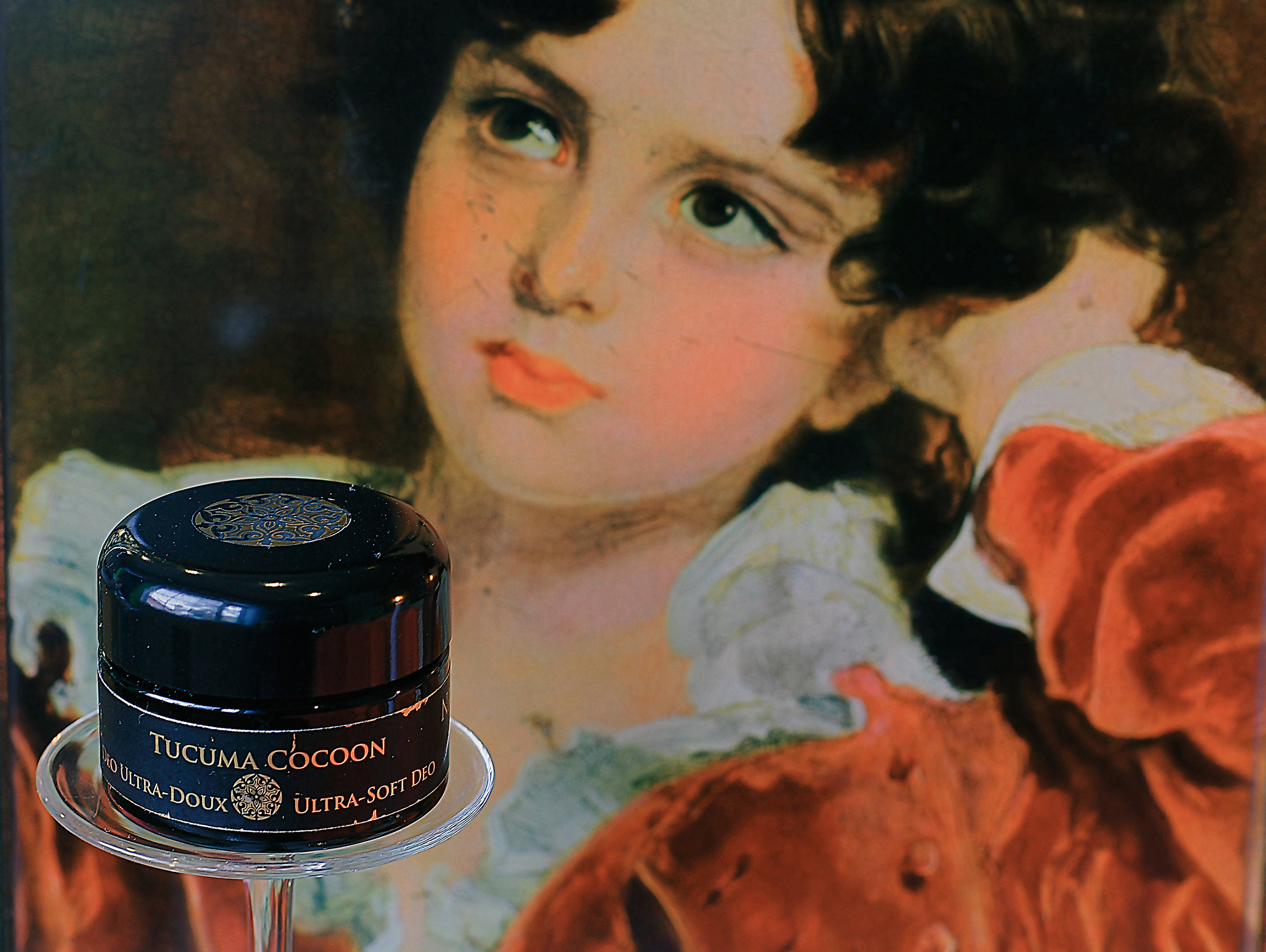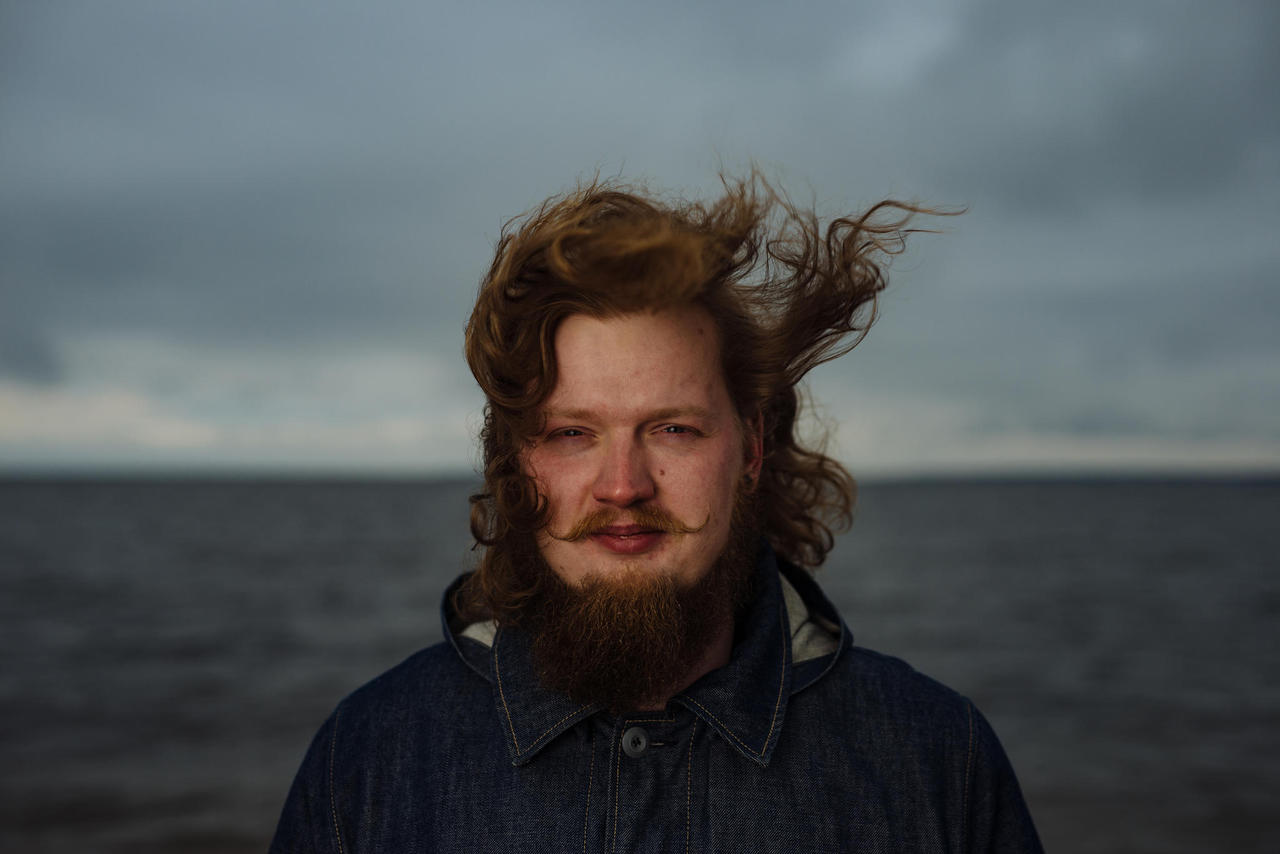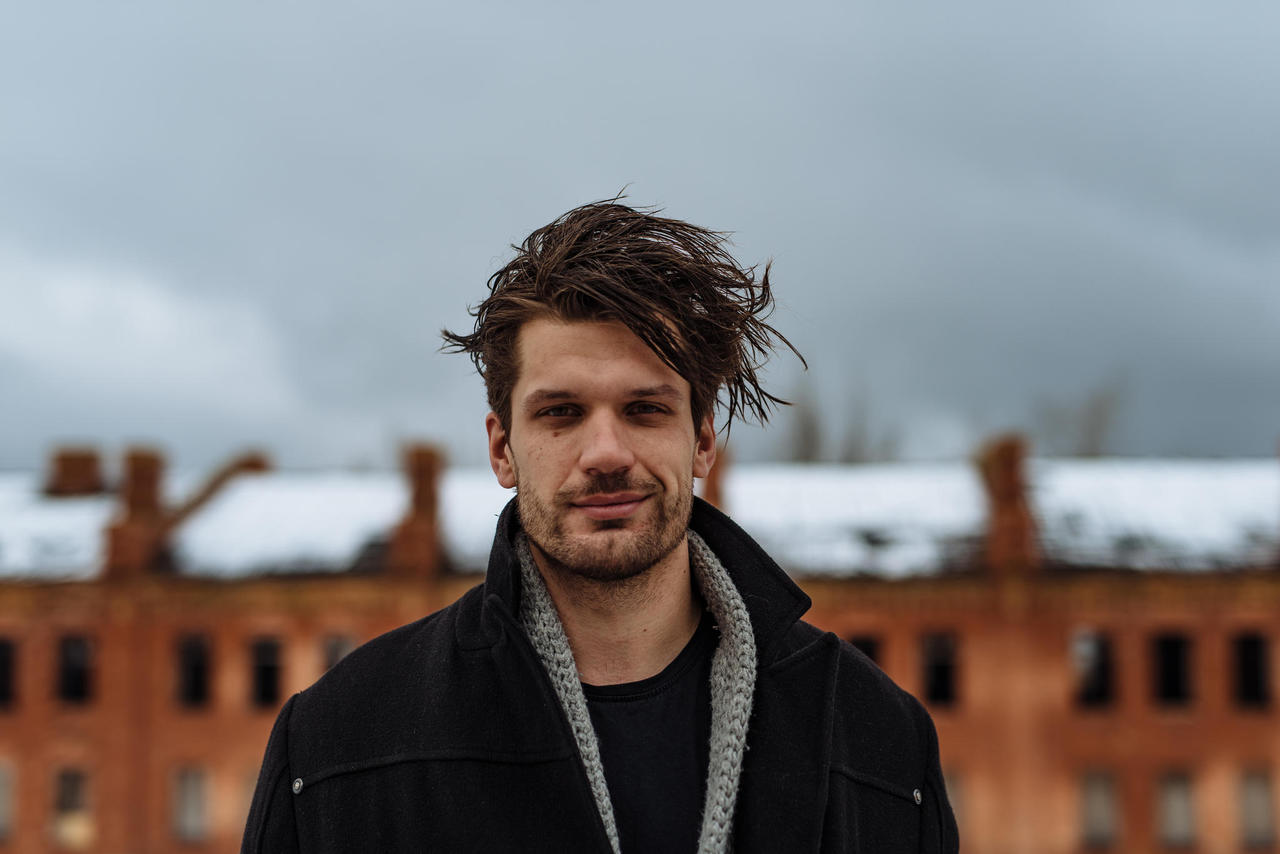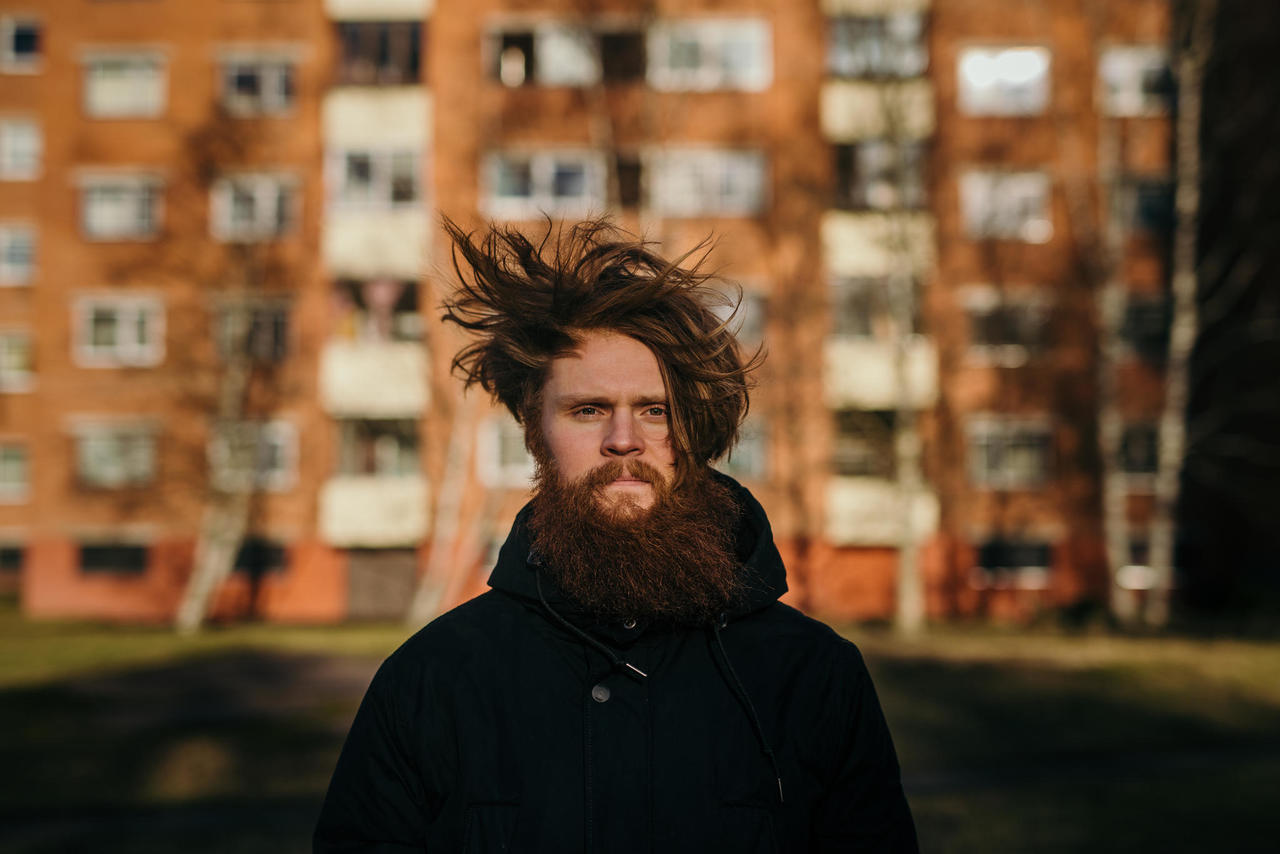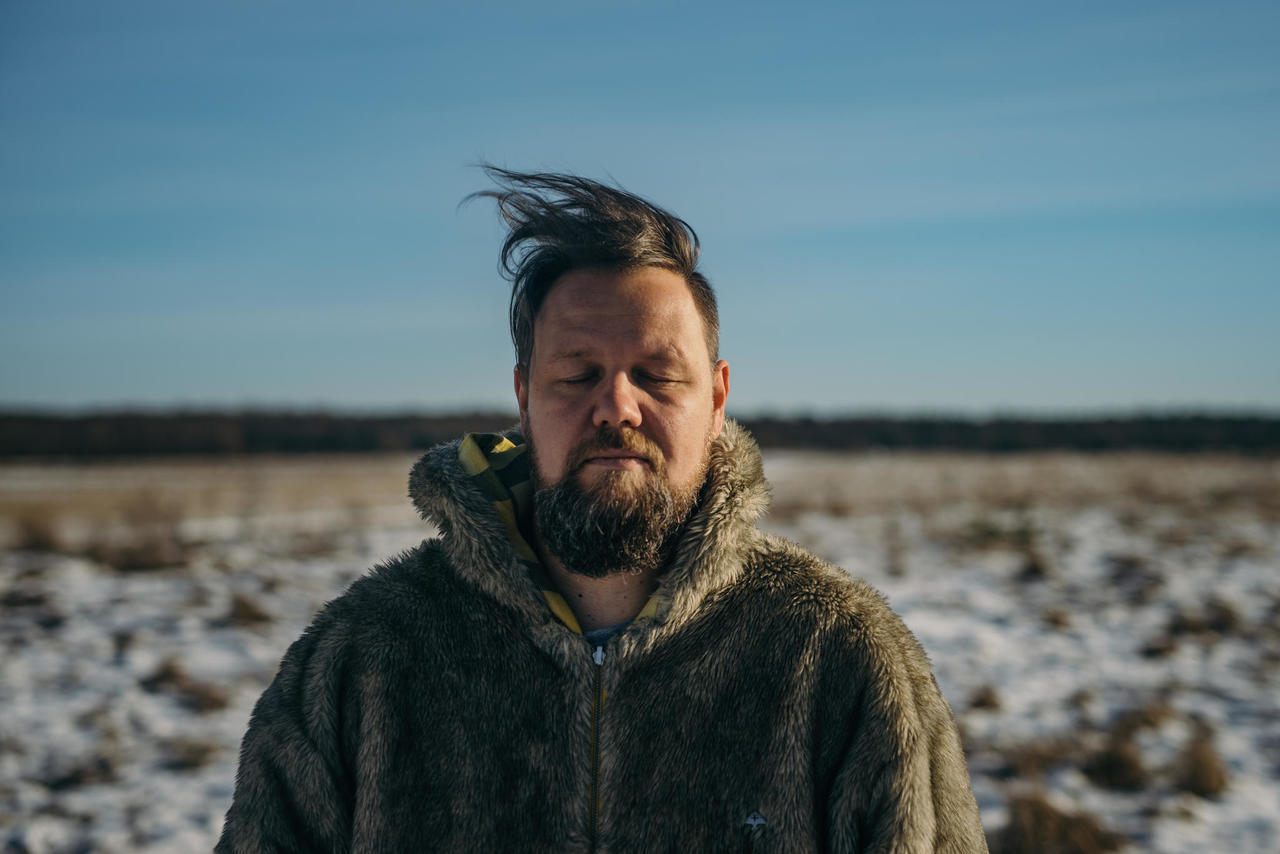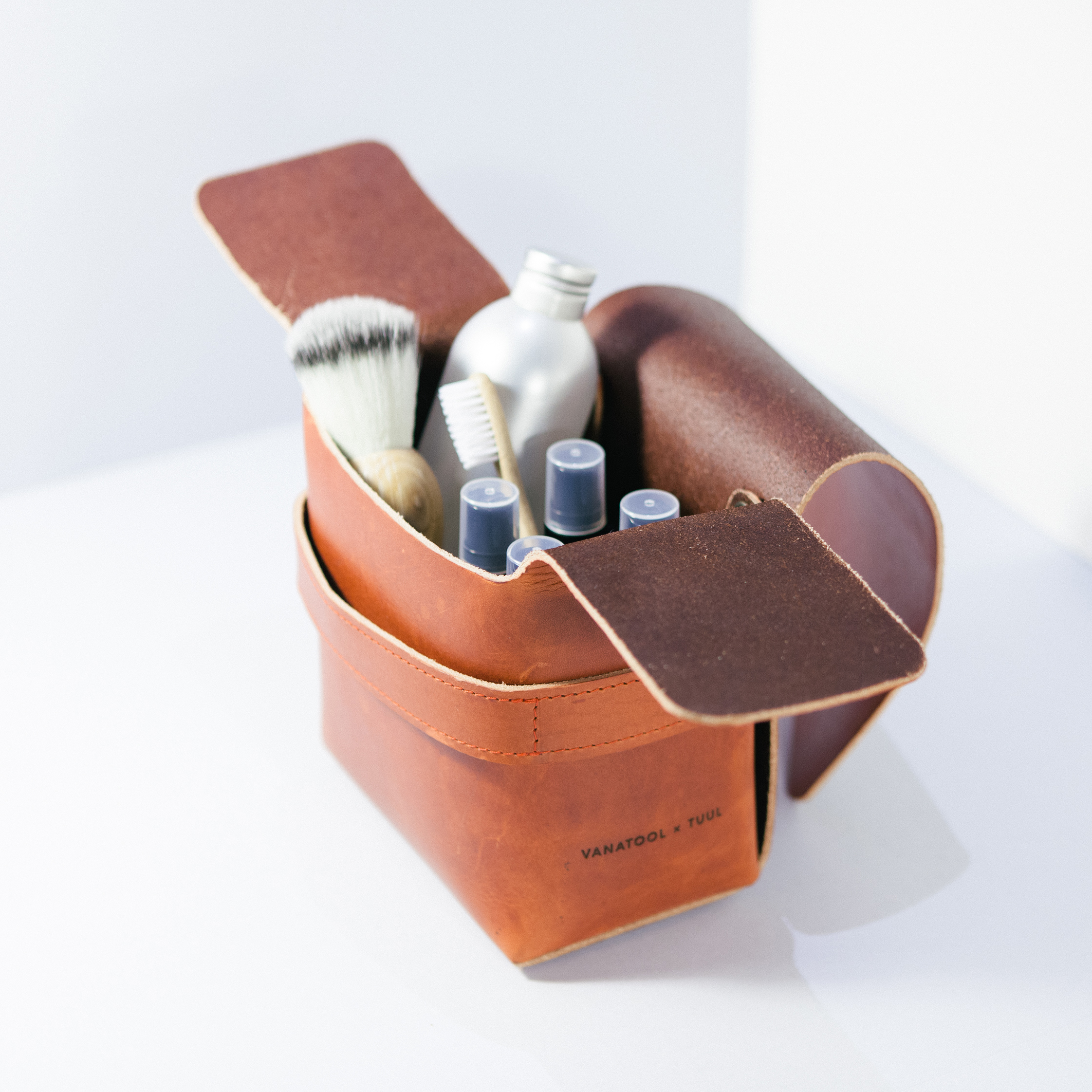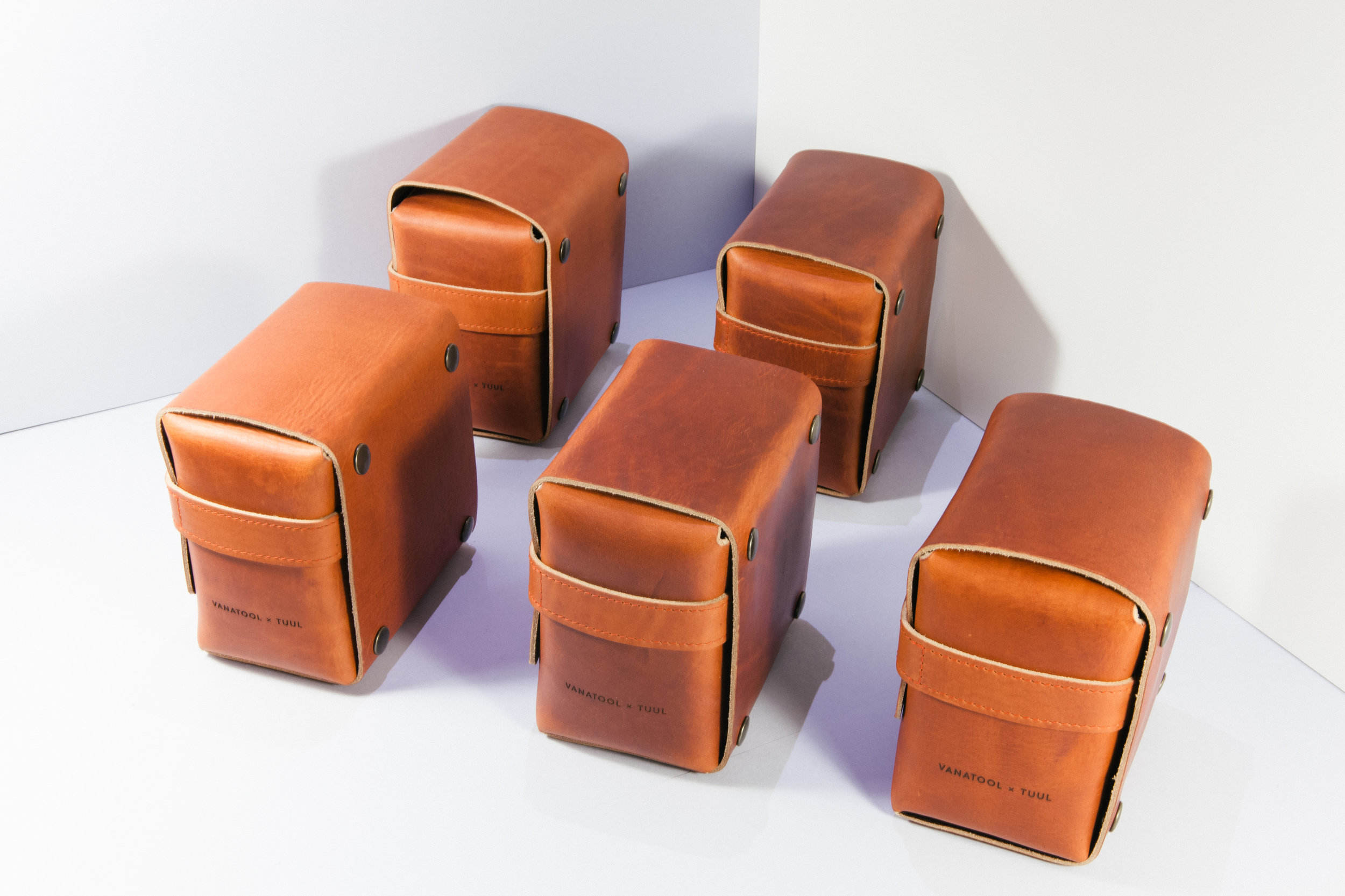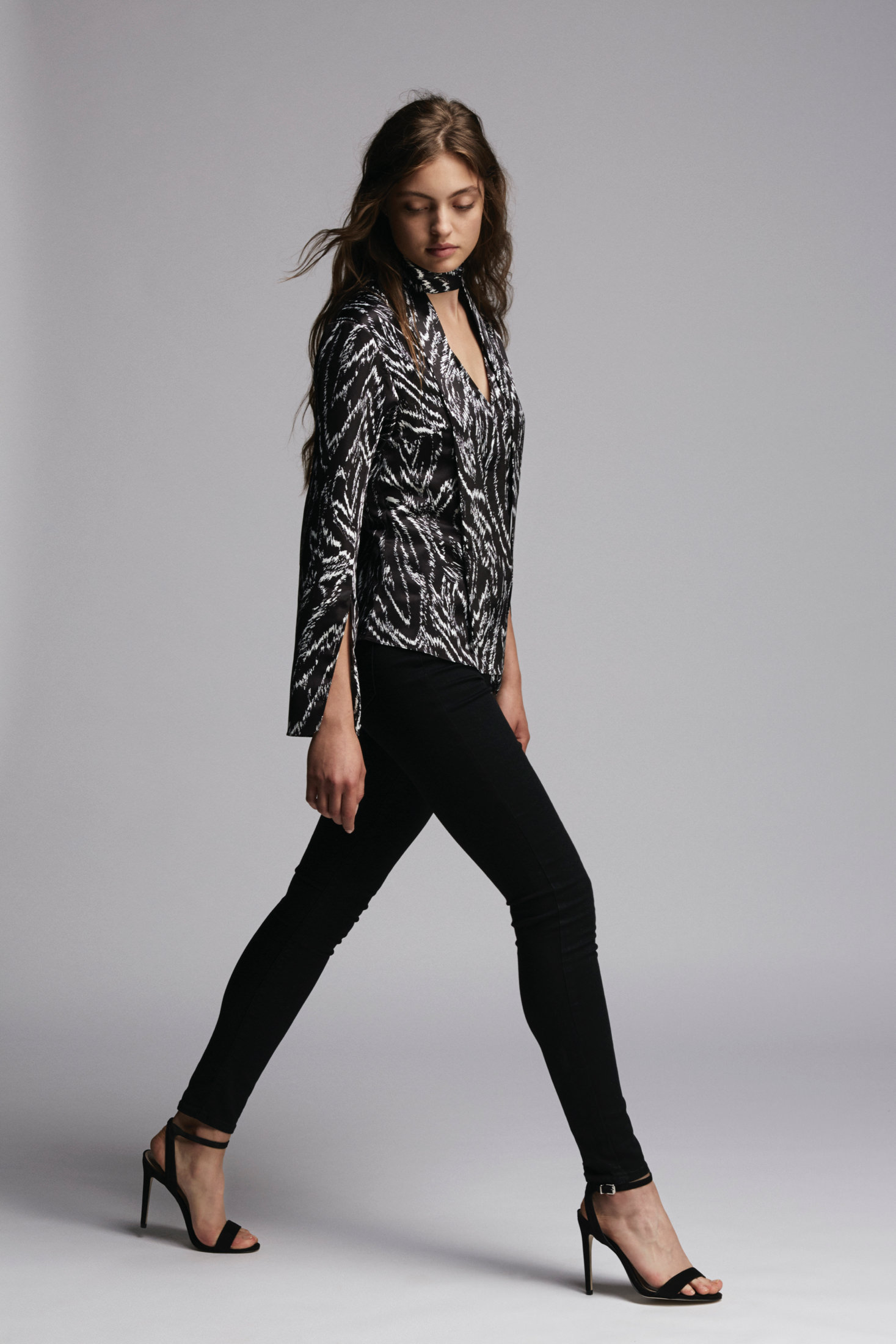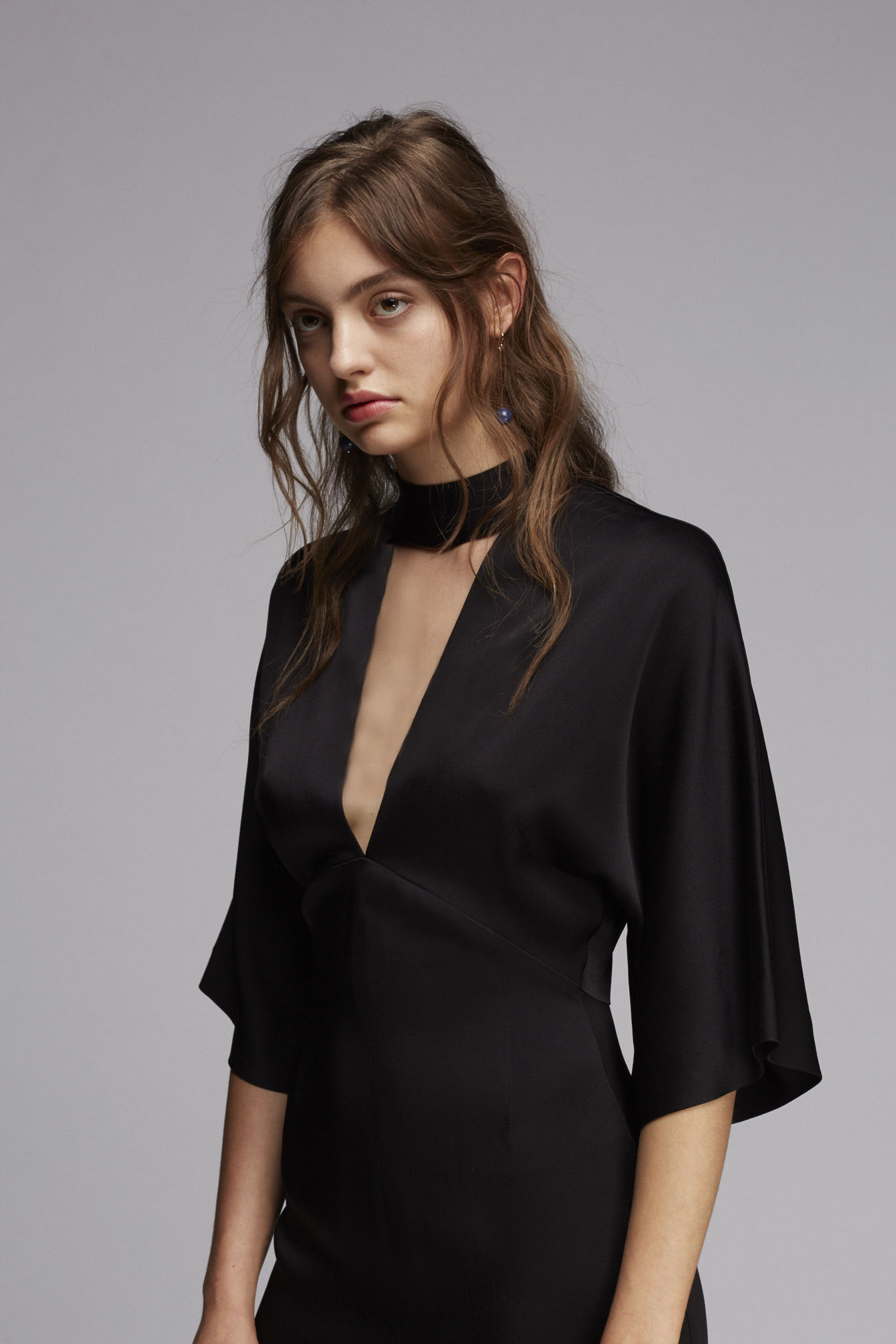In Finland, radical transparency is making waves in the clothing industry. With their seasonless style and Nordic grace, as a new brand in the market, iluut aspires to make ethical design more accessible to all customers. Who would deny introducing a pinch of minimal elegance into their wardrobe? iluut is comprised of a female trio, with their feminine enigma focused on building awareness of affordable slow fashion. Having just launched their web shop in early 2017, we wanted to know more about their journey towards the brave way of entering ethical fashion industry.
iluut, ss17.
Describe iluut's debut collection in 3 words.
Timeless, traceable and affordable.
What are the attitudes circulating about sustainable fashion in Finland?
The Finns are paying more and more attention to making sustainable purchases, especially people living in major cities today show interest in buying clothes from smaller sustainable brands. However, iluut aims to expand further in Europe, and it’s great witnessing sustainable supply increase; there is something for everyone nowadays. We also think we have a great duty of educating people and building awareness of the difference between fast and sustainable fashion. We can’t wait for the day when sustainable brands really make a breakthrough and get a bigger market share. We are working hard for that.
What are the main complications you've faced when setting up iluut?
At the very beginning, it was very surprising how difficult it was to find high quality, sustainable woven fabrics that have been made in Europe. We wanted to find fabrics that are fully traceable; meaning they come to us directly from the farm. We truly appreciate full transparency, because we believe it could decrease fashion’s biggest ethical and environmental problems, such as use of child labour, unsecured working conditions, dangerous chemicals and industrial pollution. In summer 2016, we made a European tour and visited a family-owned Italian fabric manufacturer, Albini. We are proud to say that our customers have so far been very happy with the quality of iluut clothes. Currently we are looking for new sustainable fabric options for the dresses we are developing.
"Our aim is to be an open and collaborative brand that brings joy and value to its end customers."
iluut, ss17.
What are the benefits of a minimal capsule wardrobe?
Minimal style looks fresh from year to year, and it’s very easy to combine. That means you don’t need so many garments, because with less pieces you can create many different kinds of looks that last throughout the years. It cannot be a conscious choice to produce something that people won’t wear anymore in a couple of seasons, and that will turn into more waste.
Who and what were the main influencers and influences iluut took note of since its inception?
Our whole team of three ambitious women loves fashion, but thinks that making beautiful things shouldn’t harm people. Last summer, we were fortunate to meet a pioneer designer in sustainable fashion, Marina Spadafora. She has been designing for high-end Italian brands, such as Prada and Miu Miu, before deciding to become a sustainable fashion advocate and a part of the Advisory Committee of the Fashion Revolution global movement; always including a strong social and environmental focus on her work. We take inspiration from people like Marina; people who have started doing things differently to really make a change.
How does iluut differ from many other Scandinavian brands trying to conquer the ethical fashion market?
There are only very few fashion brands that open the whole process of each garment: where the clothes were made and who actually made them. This is something iluut focuses strongly on, and we encourage others to do the same. We have also recently started designing two Spring/Summer dresses together with our Instagram and Facebook followers. We believe people will appreciate the clothes even more, if they can contribute to the process. Our aim is to be an open and collaborative brand that brings joy and value to its end customers.
iluut, ss17.
Choosing an angle to improve social or economic conditions in Third World is widely cherished by brands to make a change in the fashion industry. What's your social mission?
At iluut, we want to work with companies that care about their workers and are willing to invest in them more than just on an average, distant level. For example, when we were looking for an atelier, we were convinced of our choice after finding an Estonian atelier with seven seamstresses, who are paid 40% more than the average workers in the industry. We started working on iluut aside of our daily jobs, and our margins are still low because our mission is to offer affordable sustainable clothes for everyone. How to make our mission happen? We need to rise the volumes and we just took the first steps towards that by opening our web shop, iluut.com. You are warmly welcome to have a look and make sustainable purchases.
"It cannot be a conscious choice to produce something that people won’t wear anymore in a couple of seasons, and that will turn into more waste."
iluut, ss17.
What's the best season to be seen in your garments?
Fashion world rotates on the basis of seasons. That’s something we’re thinking differently: surely we’ll have clothes for different times of the year, but we don’t offer seasonal collections arriving two times a year. On the flip side, fast fashion brings new clothes to the market every week, which means compromising the quality and generating a huge amount of waste - both because the garments are not durable and get thrown away, and also because of the unsold stock left in stores. To improve the cycle, our goal is to bring something new to the market only once in around a month’s time, without compromising quality or workers’ conditions. Also, making clothes with a slower approach and seeing what sells and producing according to demand, allows us to avoid producing waste.
Shop here:






